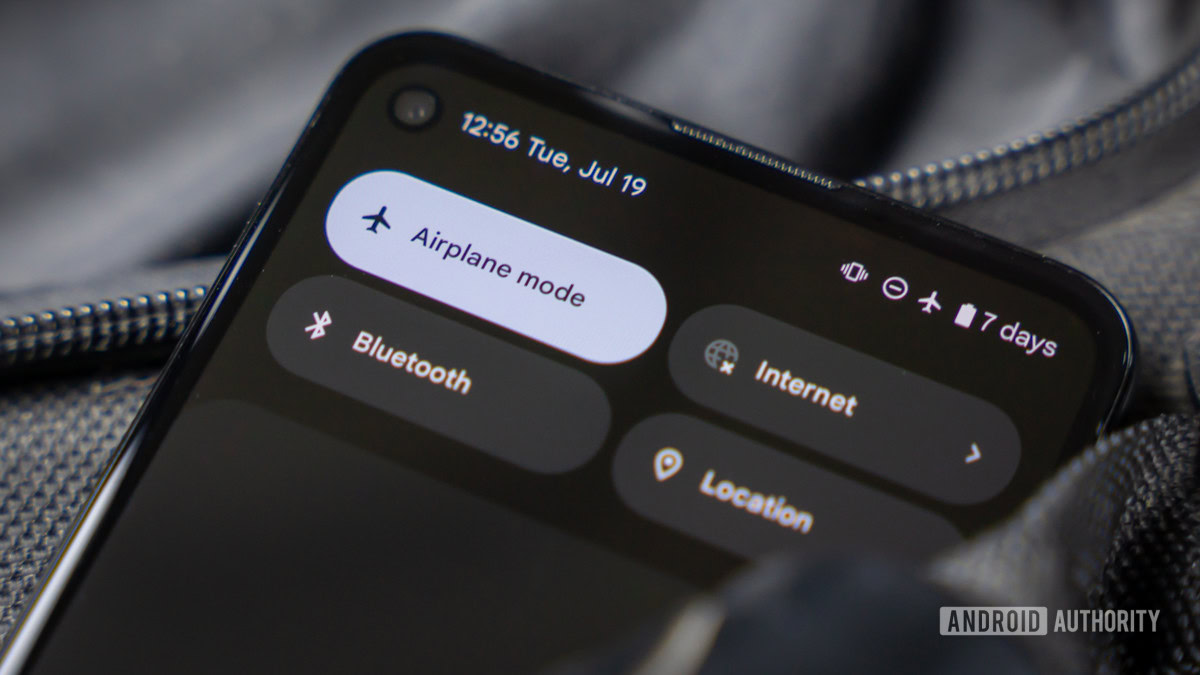Affiliate links on Android Authority may earn us a commission. Learn more.
5G on airplanes could mean the end of Airplane Mode

- The EU is deciding whether to let airplane passengers use data and make calls while in the air.
- The ruling would allow airlines to provide 5G connectivity instead of requiring passengers to pay for slow Wi-Fi.
- If agreed upon, members of the EU would need to make 5G on airplanes ready by June 30, 2023.
EU regulators are saying enough is enough with the slow-as-a-turtle Wi-Fi you get on flights. If a new measure goes into affect, airline passengers in the EU could be allowed to ditch Airplane Mode and use 5G to stream content, access apps, and even make phone calls.
According to Gizmodo, the European Commission is currently debating a decision that could make Airplane Mode a relic of the past. The proposal would reportedly allow airlines to provide 5G technology instead of requiring passengers to pay for Wi-Fi or data. This means flyers would be free to use their devices how they want.
Passengers were originally restricted from using their phones by the Federal Communications Commission (FCC) back in 1991 due to concerns of interference to cellular networks on the ground. It’s also been said that cell phones could interfere with the plane’s navigation systems. And the chief executive of the UK Flight Safety Committee, Dai Whittingham, claims that phones weren’t allowed because of the lack of knowledge about how phone use would affect the plane.
Whatever the true reason, it looks like airplanes in the EU will now use special network equipment called “pico-cell” to route calls, texts, and data through a satellite network. This new technology will connect the airplane to the ground-based mobile network.
In addition, the concerns regulators had before with cellular networks don’t seem to apply to 5G. Whittingham states:
There is much less prospect of interference. We have a different set of frequencies for 5G, and there are lower power settings than those that have been allowed in the US. The traveling public wants 5G. The regulators will open up that possibility, but there will be steps that will be taken to ensure that whatever they do is safe.
As for when this is all expected to take effect, EU travelers will have to wait until June 30, 2023. Members of the EU will have to get airlines ready to provide 5G by this date, if the ruling is agreed upon.